Bridging the Gap Between Reality and Vision in Cities: 3 Roles That Help Urban Harvest Workers
By S. Crawley
I have had a number of cross-cultural assignments in over the last 25 years, all urban.
The "what" of God’s vision for each city is clear.
Everywhere, God is restoring Creation and inviting ALL people to listen to Him, trust Him, obey Him, and join Him in loving their neighbours and passing them the same invitation.
The “how” is less clear.
What does that look like in a small city with a mostly agricultural, unreached people group? In a mid-sized monocultural Asian city? What about a post-Christian, multicultural, western city? In a global city at the crossroads of Asia and the West?
Each urban context is different. There are no guaranteed formulae to success. However, we are seeing patterns across different cities.
One set of patterns was first identified by David Broodryk and the TwoFourEight team.
They suggest a framework of 3 roles that can help us fulfil the Great Commission in the face of urban complexity. Their framework resonates with our personal experience. Teams we serve and coach in a range of different locations have also found it really helpful.
So I’m going to share it with you in this post. Let's dive in!
Engaging the City: 3 Roles for Harvest Workers
These three roles are a helpful way to break down the complexity of a city.
1. Disciple
2. Champion
3. Catalyst
1. Disciple
A Disciple (or "discipler" or "disciple-maker") is anyone who is actively following Jesus.
We are all invited to step into God's family and under His Kingship. To listen to Him, trust Him, and obey Him as He includes us in His work to redeem Creation and bring healing to the people and communities around us. This will always involve serving others and helping them step into the same relationship for themselves.
Disciples in cities are usually members of several different urban villages. They interact and connect at a personal level in the relational worlds where God has placed them. They love their neighbours and serve spiritual hunger as God reveals it and leads them.
2. Champion
A "Champion" is a disciple who ALSO has their eyes fixed on a particular urban village (or "affinity group").
A Champion sees God's heart for the entire urban village. They feel compelled to take action. They prioritise their time, energy and calendar to engage, serve lostness and brokenness, and see the Gospel come to the whole village.
A Champion, no matter how gifted, recognises that the task is too big for them. They raise a flag for that particular urban village and rally other disciples to the cause. They build a team that combines their gifts and resources to fulfil the vision.
3. Catalyst
A Catalyst is also a Disciple. In addition to their immediate family and neighbours, their hearts are gripped by the needs and opportunities of multiple urban villages.
A Catalyst is compelled by a vision that is far too big for a single person or team. A demographic group or an industry might have hundreds of urban villages. A single city might have tens of thousands!
A Catalyst sees God's heart for the broader group. They build a team that seeks out the Champions that God is already raising, and serves and supports them as they move towards what He is calling them to do.
How Does This Make A Difference?
We see several ways this framework helps people take concrete steps towards God's vision for their city:
- it helps break down the complexity and size of the city into bite-sized roles
- it helps individuals focus their efforts according to their unique giftedness and call
- it gives clarity on how to move towards the vision from where we are
- it points us to how we might collaborate with and/or support others
- it allows freedom for the birth of Scriptural and entrepreneurial expressions of the Kingdom that engage with the language and culture of a range of different "urban villages".
The Downside
The biggest challenge with this framework is that there are few established models or roadmaps for people moving in this direction.
The reality of urban complexity is that everyone doing this has a different context. It is simply impossible to copy and paste a methodology from one place to another. In that sense, everybody is pioneering.
However, this challenge is being addressed through peer learning networks like those facilitated by the Urban Wheat Project (Asia), Praxeis (Oceania) and TwoFourEight (Africa & Europe). We may have different contexts, but we have the same Father-King, the same vision and values stir us, and we are asking the same questions. Despite cultural differences, there are also a surprising number of similarities in how people operate in cities.
As we journey together, we find much that is relevant and helpful in each others' learning.
In Conclusion
There are no blueprints yet, but we see disciples being empowered and activated in new ways to replicate and build towards their city vision. We see teams forming and groups of people beginning the journey of discovering God through the Bible.
What about you? How do these roles resonate (or not!) with you in your context?
Getting Practical
1. Which role do you most identify with?
2. Who else do you know who resonates with the vision or sense of call that you have?
3. Where can you get support?
4. Who do you know who might benefit from knowing this framework?
Discipling the Urban Harvest provides practical insights and encouragement to walk with God in multiplying discipleship in an increasingly urban world - growing as children of the Father, serving the communities He has called us to, and discipling those hungry to know Him.

